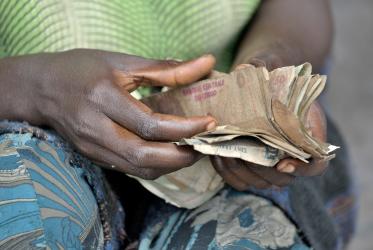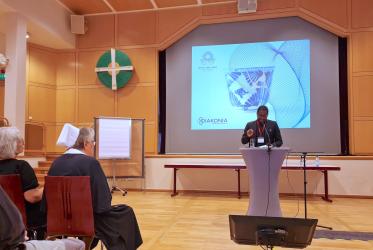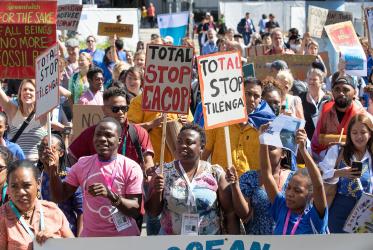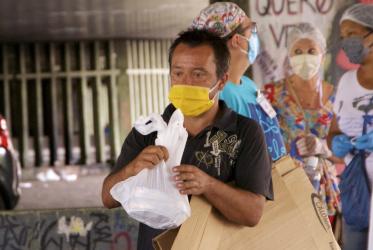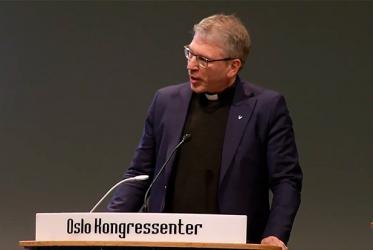Displaying 1 - 20 of 22
NIFEA group calls for reimagined global financial alternatives
21 September 2023
Specialized Ministries Pre-Assembly
09 - 10 March 2022
The Berlin Wall: looking back, looking forward
07 November 2014

